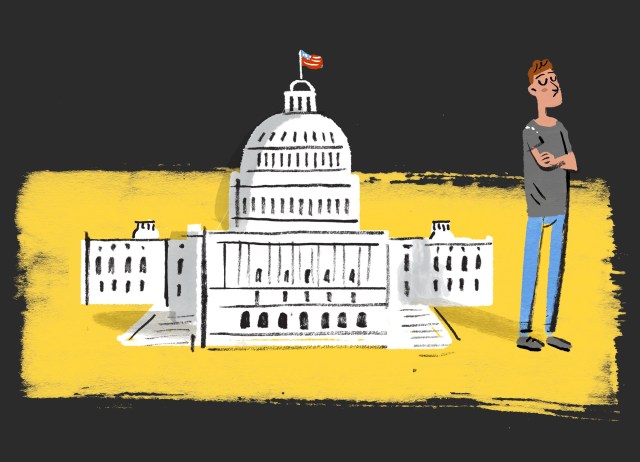Stephen Collins

This is the sixth of ten themes in Nigel Cameron’s open letter to Mark Zuckerberg, exploring obstacles to him seeking the US presidency. Click here for whole series.
In light of September’s fortunately botched attack on the London underground system, a headline from MailOnline stated:
“Web giants with blood on their hands: PM to order internet bosses to clamp down on extremism as ‘it takes minutes on Google to find how to build the bomb which brought terror to the Tube’ – PM will take on Google, Facebook and Microsoft after terror attack in London.”[1. See Daily Mail of 16 September 2017.]
There’s plainly a balance to be struck when it comes to private sector companies collaborating with governments, not least because not all governments hold the freedom of their citizens in equally high regard. But there are all kinds of problems, now that cyberspace is where we live so much of our lives and get much of our information. There’s terrorism, and ISIS is the new and deadly kid on the block. And then there’s the fresh and enormous problem of Russian efforts to influence the outcome of western elections – through Facebook. This terrifying subversion of democracy was something you ridiculed just a few months ago:
“What a ridiculous notion, Mark Zuckerberg scoffed shortly after the election, that his social-media company — innocent, well-intentioned Facebook — could have helped Donald Trump’s win. ‘Personally I think the idea that fake news on Facebook . . . influenced the election in any way — I think is a pretty crazy idea,’ he said. ‘Voters make decisions based on their lived experience.’ You even ignored a warning from President Obama about misuse of your network[2. Washington Post, 26 September 2017, “Obama tried to give Zuckerberg a wake-up call over fake news on Facebook”].
Were you being too defensive? Complacent? Insufficiently aware of how your advertising system worked? Too greedy to check? We’d like to know. Because of course we now know – and your company has furnished us with certain details – that a highly sophisticated effort was made by Russia to tip the election in Trump’s direction, side by side with the planting of “fake news”, through buying targeted ads. Groups and individuals who were fronts for the Russian government paid Facebook to push their favoured candidate. The Washington Post’s legendary Margaret Sullivan has concluded Russian efforts on Facebook tipped the election in Donald Trump’s favour[3. Margaret Sullivan, in the Washington Post, September 7, 2017. “Facebook’s role in Trump’s win is clear. No matter what Mark Zuckerberg says.”]. This is simply horrific and its dark cloud hangs over all the assurances we have been hearing about a new level of co-operation between Facebook and the security services.
“On terror, it looks like your company has had a change of heart and decided to be a lot more helpful”, says Seamus Hughes, deputy director of the programme on extremism at George Washington University. About a year ago Facebook intensified efforts to combat terrorism, resulting in the removal of a great deal of that activity from its platform, “Facebook at some point in the last year planted a flag in the ground and said: Not on our platform,” Hughes said.”[4. Jessica Guynn, in USA Today, 15 June 2017]
Part 7: Make Facebook a lot more child-friendly










Join the discussion
Join like minded readers that support our journalism by becoming a paid subscriber
To join the discussion in the comments, become a paid subscriber.
Join like minded readers that support our journalism, read unlimited articles and enjoy other subscriber-only benefits.
Subscribe